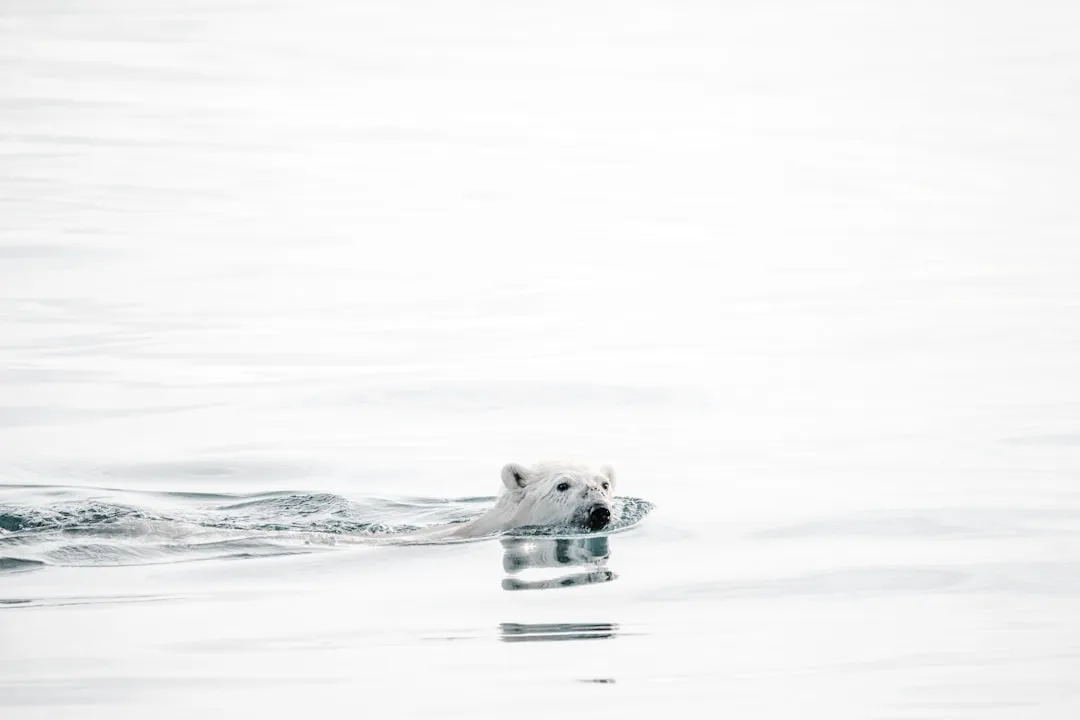The UK is deploying AI technologies to enhance Arctic security against growing geopolitical threats from hostile states.
The UK’s strategic use of AI signals a new approach to Arctic defense.
The UK is deploying advanced AI technologies to strengthen Arctic security against emerging threats.
Geopolitical Landscape of the Arctic
The Arctic region has undergone significant changes in recent years, transforming from a remote area into a crucial theater for geopolitical competition. The melting ice caps, driven by climate change, have exposed new shipping routes and untapped resources, drawing the attention of global powers. This evolution is not merely a matter of environmental concern; it represents a seismic shift in the strategic calculus for nations like the UK, Norway, and Iceland. Foreign Secretary David Lammy has emphasized the importance of this region, stating, “The Arctic is becoming an increasingly important frontier for geopolitical competition and trade, and a key flank for European and UK security.” As nations scramble for resources, the implications for national security are profound.
Historically, the Arctic was perceived as an inhospitable environment, but with the advent of advanced technologies, it has become more navigable. The UK’s interests in the Arctic are closely tied to its relationships with neighboring countries, particularly Norway and Iceland. Instability in these regions poses a direct threat to British security, making it imperative for the UK to enhance its presence and capabilities in the High North.
The Role of AI in Arctic Security
In response to the growing threats, the UK has announced a strategic deployment of artificial intelligence to bolster Arctic security. This initiative is particularly timely, as Russia’s activities in the region have intensified, with its Northern Fleet operating aggressively to assert dominance. AI technologies will enable the UK and its allies to monitor hostile activities across vast distances more effectively. Lammy noted, “That’s why we have today announced new UK funding to work more closely with Iceland, using AI to bolster our ability to monitor and detect hostile state activity in the Arctic.”
The integration of AI into security operations is a game-changer. Traditional surveillance methods can be limited by the harsh conditions of the Arctic, where extreme weather and isolation pose significant challenges. AI systems can process vast amounts of data from sensors, satellites, and reconnaissance missions, identifying patterns and anomalies that may indicate hostile actions. This not only enhances situational awareness but also facilitates rapid response to emerging threats.
Collaborative Defense Initiatives
Strengthening Arctic security is not solely the responsibility of the UK. Collaborative efforts with Norway and Iceland are paramount. The long-standing partnership between the UK and Norway has already seen joint naval patrols aimed at deterring incursions and safeguarding critical infrastructure. These missions are integral to the collective defense strategy in the Arctic, helping to maintain stability in a region increasingly fraught with tension. As Lammy stated, “It’s more important than ever that we work with our allies in the High North to enhance our ability to patrol and protect these waters.”
The upcoming UK-Iceland tech partnership will further solidify this collaborative approach, harnessing the power of AI to create a unified front against common threats. This strategic alliance is designed to share resources and intelligence, ensuring that both nations can respond swiftly and effectively to any security challenges that arise.
Russia’s Expanding Influence
The Arctic’s geopolitical landscape is heavily influenced by Russia, which has been aggressively expanding its naval presence through a fleet of nuclear-powered icebreakers. These vessels not only facilitate access to new shipping routes but also play a crucial role in supporting Russia’s broader military objectives. Putin’s strategy in the High North has raised alarms among NATO allies, as it threatens both maritime security and the delicate Arctic environment. The operational capabilities of these icebreakers allow Russia to assert control over vital maritime passages, presenting a significant challenge to Western interests.
Moreover, the repercussions of Russia’s actions extend beyond military posturing. Incidents involving aging vessels, which are prone to breakdowns, raise concerns about potential environmental disasters, such as oil spills that could devastate the Arctic ecosystem. The need for vigilant monitoring is underscored by these risks, emphasizing the importance of the UK’s AI deployment to protect both national security and environmental integrity.
Investment in Defense and Future Prospects
The UK’s commitment to enhancing its defense posture has been reflected in substantial increases in military spending. Earlier this year, the Prime Minister announced a significant boost in defense expenditure, aiming to reach 2.5% of GDP by April 2027, with aspirations to attain 3% in subsequent years. This financial commitment signals a recognition of the evolving security landscape and the need for robust military capabilities.
Furthermore, the UK’s recent Security and Defence Partnership with the EU underscores a commitment to collective security in the Arctic. This partnership aims to foster closer collaboration and intelligence sharing among European nations, enhancing the overall security framework across the continent. As security, climate action, and international collaboration become increasingly intertwined, the role of advanced technologies like AI will be pivotal in navigating future challenges.

